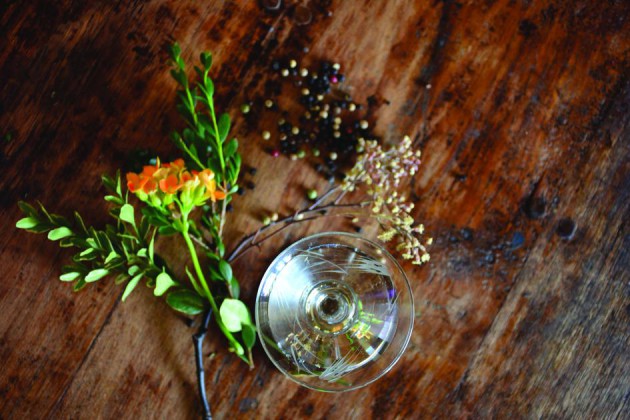
Gin and still wine lose momentum in post pandemic new normal
After enjoying a period of meteoric growth, the UK's favourite white spirit has hit a stumbling block, with a drop in hospitality market share in 2021.
That's the key takeaway from CGA’s On-Premise Measurement survey released this month. The report focuses on the period from the reopening of the hospitality sector last spring, to the end of 2021. It revealed that while several categories prospered last year, still wine, gin, and 'standard lager' have all struggled to hold consumer interest.
“After booming for several years, the gin category lost a little market share in 2021. This is partly explained by the relative ease of recreating gin-based drinks during lockdown, and by a desire among some consumers for new spirits,” the report stated.
It continued: “The absence of some older consumers has also led to challenges in still wine sales, which lost more market share than any category except standard lager in 2021. However, it was a brighter picture for Champagne and other sparkling wines, especially during the spring and summer as consumers celebrated the return of pubs and bars.”
In opposition to 'standard lager', 'world lager' (including craft beer), high-tempo spirits and energy drinks all gave a strong performance in 2021, increasing their respective market share. According to CGA, “non-cream liqueurs and spirits including vodka, rum and tequila all gained chunks of share as the late-night market revived in the second half of 2021. With many consumers catching up on celebratory occasions and big nights out, and sought out drinks that they had found hardest to recreate at home during lockdown, cocktails flourished.”
In addition, rising sales of cocktails led to a surge of interest in energy drinks. “The renaissance of the late-night market drove interest in bombs in particular, and beverage syrups saw a modest gain in share too,” the report claimed.
Meanwhile, a separate report commissioned by CGA and employee experience platform Harri suggests that hospitality staff are really feeling the pressure.
The survey, entitled Transforming the Employee Experience in Hospitality, indicated that staff are increasingly unsatisfied at work, with nearly half (45%) saying their employment is less appealing now than it was previously.
The findings also suggested that teams would welcome more and better implemented technology in the workplace, with digital clocking-in and out, smart scheduling and shift management highlighted as areas that technology could help improve their work experience the most.
Unsociable hours (cited by 54%), increased workload (49%) and pay not matching the job (47%) were the top reasons given by employees to explain current staff shortages.
Karl Chessell, CGA’s director, hospitality operators & food, EMEA, commented: “This research provides fascinating intelligence about the attitudes of current and potential staff, and emphasises how Covid-19 has made them think much more about wellbeing, flexibility and long-term career paths.”
He added: “It also highlights the crucial role of technology in keeping staff closely engaged with their businesses and colleagues. It’s abundantly clear that as hospitality builds back and battles some fierce headwinds, businesses that can deliver good experiences for their employees will have a huge advantage.”
Keywords:
- UK
- Lager
- Gin
- CGA
- hospitality
- staff
- drinks
- market
- share
- market share
- report
- experience
- interest
- employee experience
- night market
- standard lager
- energy drinks
- experience platform harri
- report claimed meanwhile
- market drove interest
- drinks “the renaissance
- night market drove




